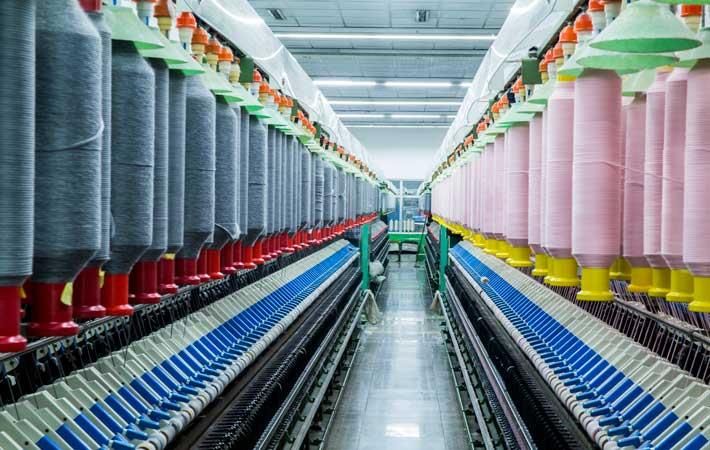Nigeria is yet to achieve any of the targets set in the national policy on cotton, textile and garments (CTG) four years after it was enacted. The ministry of industry, trade and investment had launched the National Cotton, Textile and Garment Enterprise Policy in 2015 under trade minister Olusegun Olutoyin Aganga to stimulate the textile sector and limit imports.
Despite not meeting any of the targets, the Central Bank of Nigeria (CBN) recently announced foreign exchange (forex) ban for textile importers to help bolster the local textile industry, according to a report in a Nigerian newspaper.Nigeria is yet to achieve any of the targets set in the national policy on cotton, textile and garments four years after it was enacted. The ministry of industry, trade and investment had launched the National Cotton, Textile and Garment Enterprise Policy in 2015 under trade minister Olusegun Olutoyin Aganga to stimulate the textile sector and limit imports.#
The policy document had projected savings of $2 billion in forex through import substitution, increase in the level of direct employment in the sector from the then 24,000 workers to 50,000 workers by the end of 2015 and to 100,000 workers by 2017.These targets have not been achieved even by 2019, the report said.
The policy also targeted an increase in seed cotton production in the short-term from 200,000 metric tonnes to 500,000 metric tonnes by the end of 2015 and indirect employment expected to increase from the current level of 650,000 people to 1 million people by 2015, and 1.3 million people by 2017.
The policy document expected export earnings to rise to at least $3 billion annually or 0.5 per cent of the global share of international trade in textiles and garments in five years and foreign direct investment in the Nigerian textiles and garment sector to increase to as high as N 255 billion cumulatively over five years.
It appears the trade ministry had abandoned the policy, the report noted.
In 2010, the government had introduced the N 100-billion Cotton, Textile and Garment Revival Fund managed by the Bank of Industry to turn around the fortunes of the textile industry, but that too had failed to revive the textile sector.
CBN’s forex restriction for textile import will not have much impact as importers will continue to import textile by sourcing forex through the secondary forex markets of Bureau de Change and through privately arranged international money transfers, said former director general of Abuja Chamber of Commerce and Industry Chijioke Ekechukwu.
The restriction will rather raise the price of the imported textile materials and the price burden will be borne by the consumers, he added.
Meanwhile, the CBN ban on the sale of forex to importers of textile materials has been welcomed by the Nigerian Employers Consultative Association (NECA), whose director general Timothy Olawale said it can breathe life into the textile sector. The over $4 billion spent on textile material import deprives critical sectors of foreign exchange, he said.
Olawale urged the government for strict patrolling of borders to stop textile smuggling, which can derail the laudable effort of the CBN. Organised businesses are urging the federal government not to relent in its efforts at creating a favourable environment for businesses to thrive, Nigerian media reports quoted him as saying. (DS)
Fibre2Fashion News Desk – India
